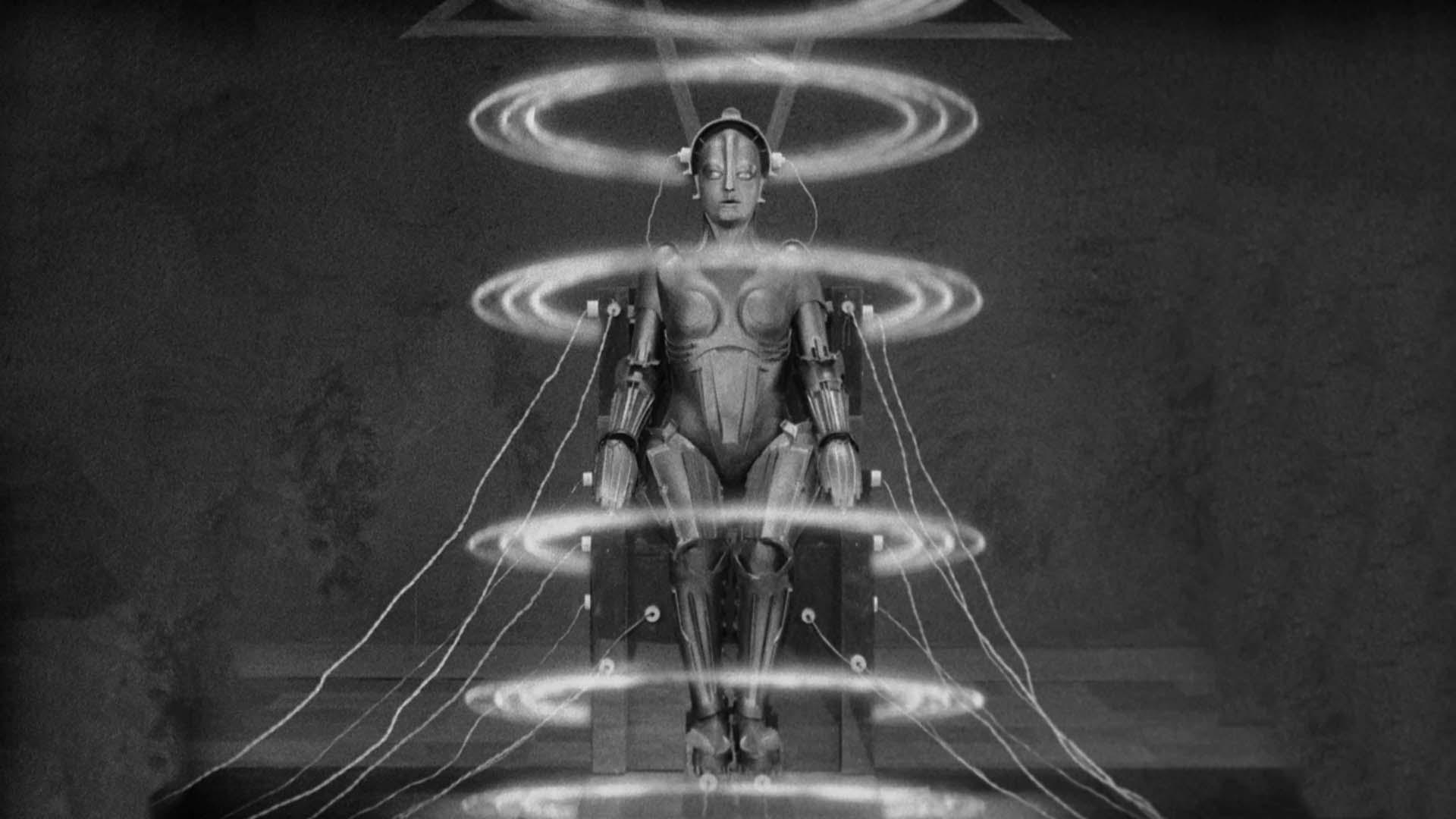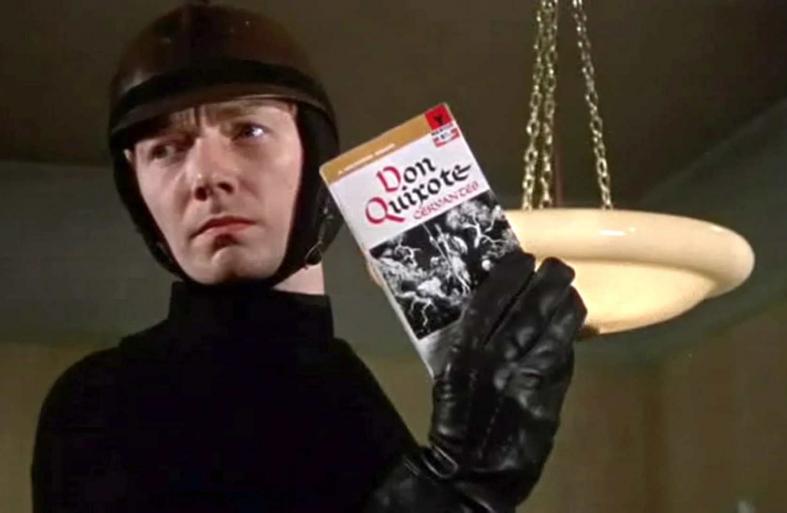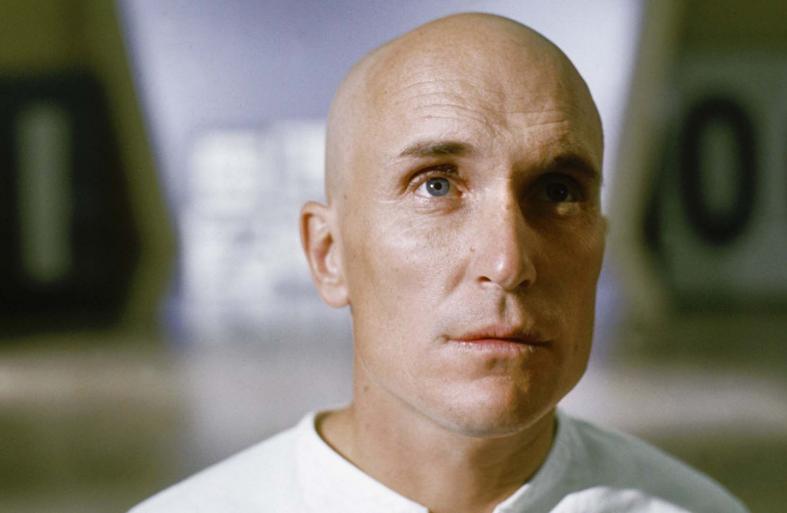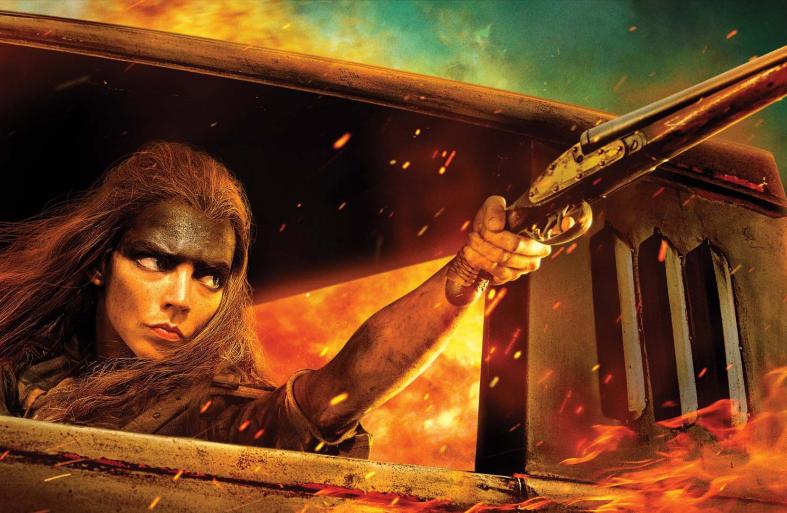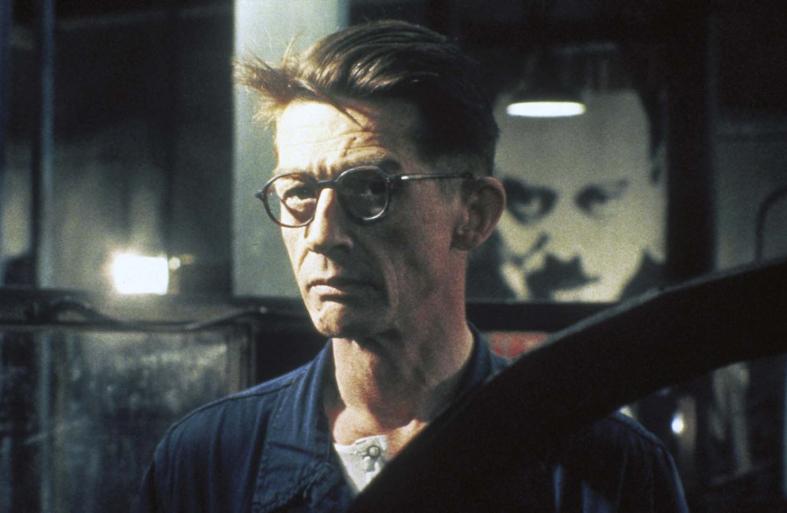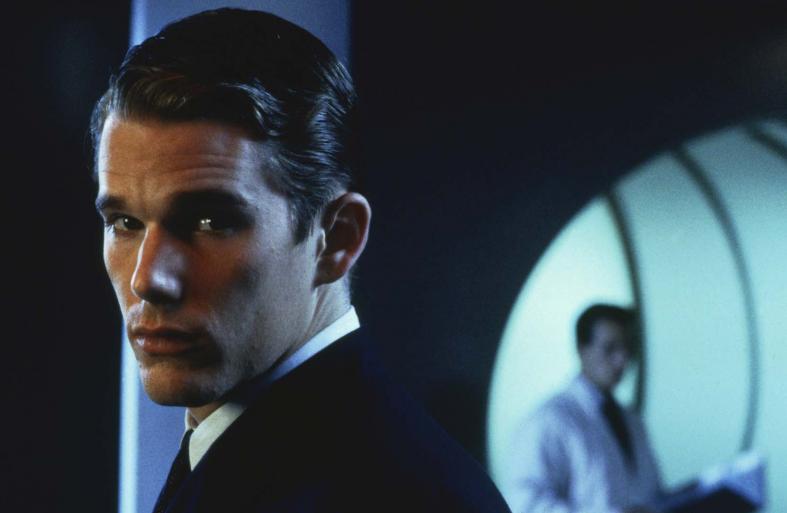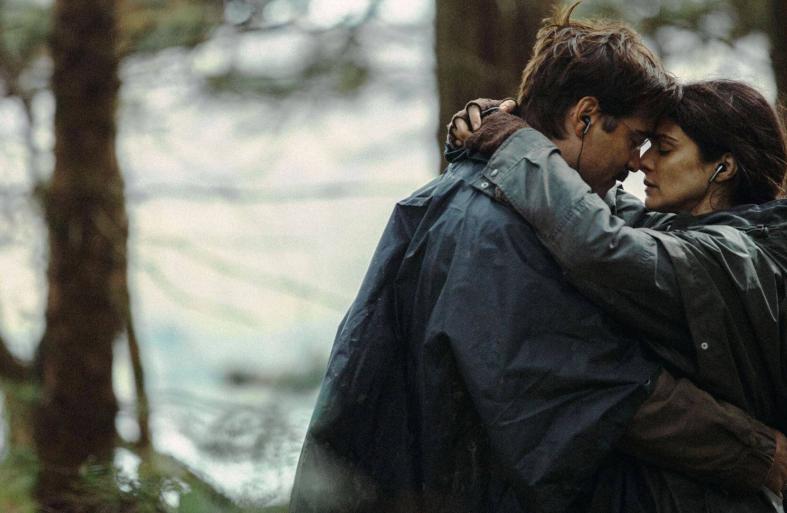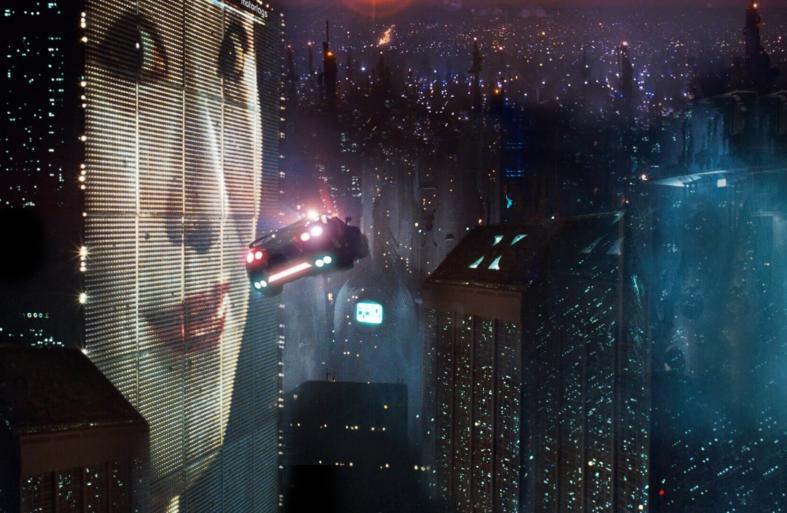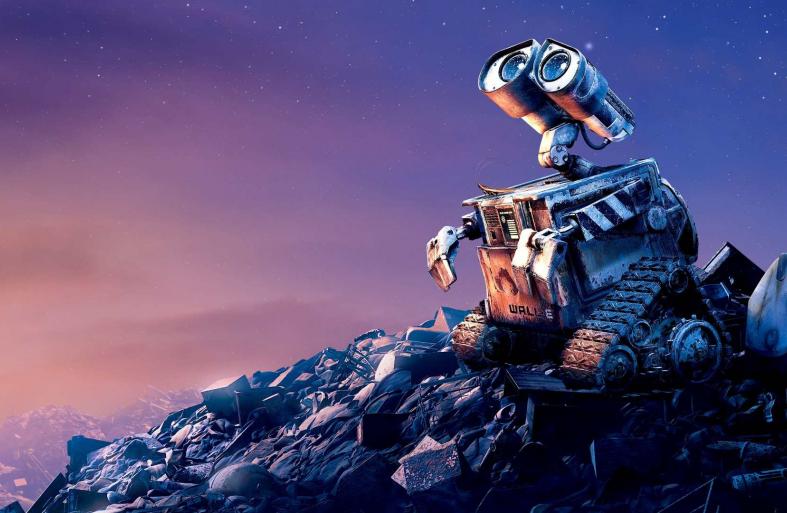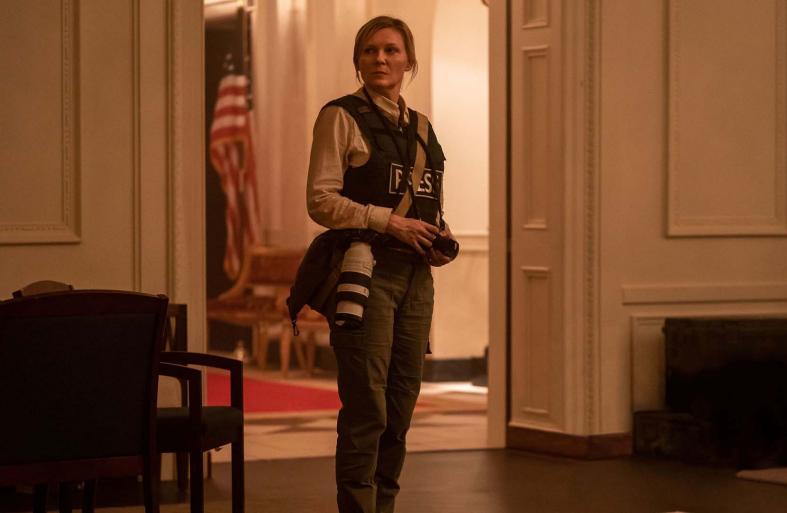Two recent films - Civil War and Furiosa: A Mad Max Saga - brought dystopian plots back to the screen, allowing us to revisit this genre. Cinema seems to enjoy dystopias that enable - from a creative aspect - to sail to the imagination, offer innovative images, and walk the thin line between seriousness and entertainment. Metropolis (1927), Fritz Lang's silent film, which was probably the first cinematic dystopia, and certainly one of the most important of them, largely shaped the genre with futuristic images that still look stunning today and focused the narrative on dealing with class and political questions in a technocratic world, especially in place of emotion, particularly that of love, as a means of resistance to the control relations offered by the bureaucratic future.
Similar directions arise in other dystopias that will be presented in the program: François Truffaut's Fahrenheit 451 (1965), about a world without books, George Lucas' THX 1138 (1971), featuring humans seeking to regain control of their emotions, Ridley Scott's Blade Runner (1982) focuses on a rebellion of androids against those who created them, Michael Redford's 1984 (1984) is an adaptation of Orwell's monumental novel about life under a government that seeks to suppress freedom of thought, Gattaca (1997), by Andrew Niccol, tells the story of the place of humans in a synthesized world, and in The Lobster (2016), by Yorgos Lanthimos created a sort of fun parody of all the dystopias that were made before him.
Lang, Truffaut, Lucas, Scott, Redford, Niccol, Lanthimos, and many others - the most prominent filmmakers tried their hands at creating dystopias. With fantastic imagination and brilliant ideas, these films make it possible to shape a different view of reality outside of cinema, to exaggerate and warn against existing movements and how they may worsen. Beyond the design, cinema usually relies on a plot centered on the action - and in a dystopian world, the main action, the driving force of their heroes in the face of a repressive and violent reality, is resistance.
